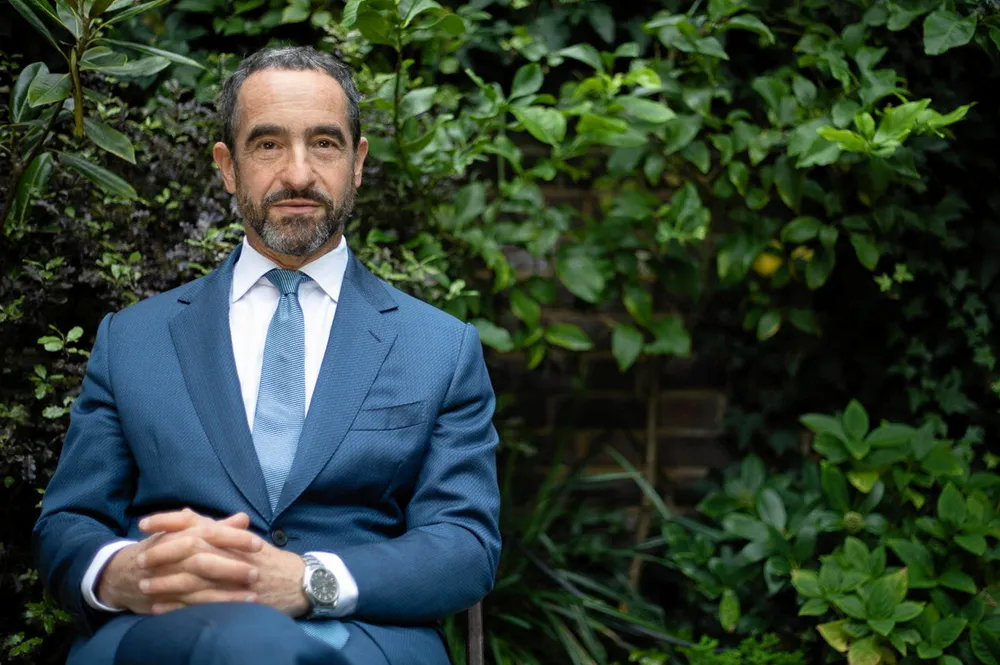Liebreich: EU plan for 1% of aviation fuel to be derived from green hydrogen by 2030 'will not be affordable'
Influential analyst says it will cost an extra €24-30bn a year to meet RefuelEU's e-fuel target

Influential analyst says it will cost an extra €24-30bn a year to meet RefuelEU's e-fuel target
